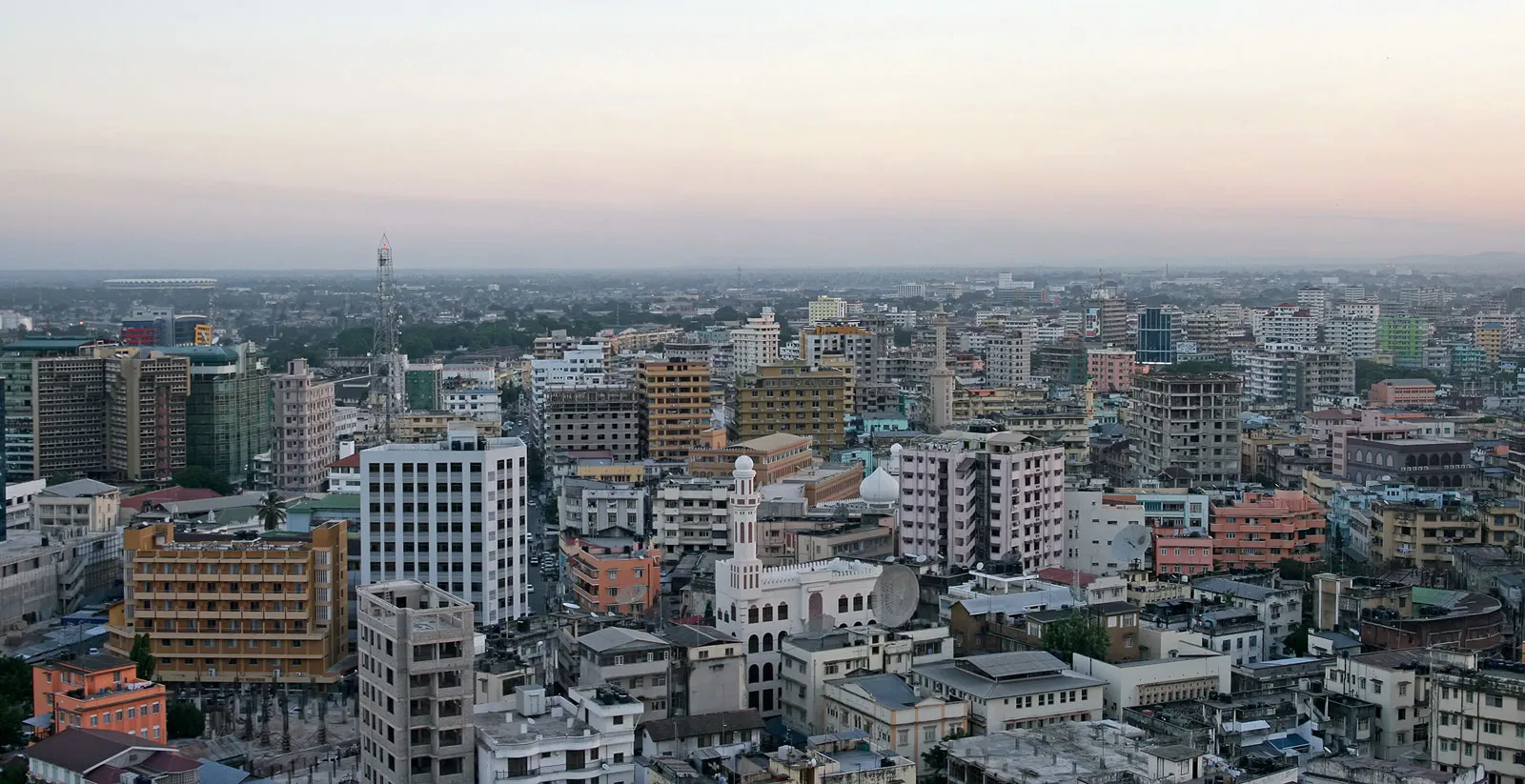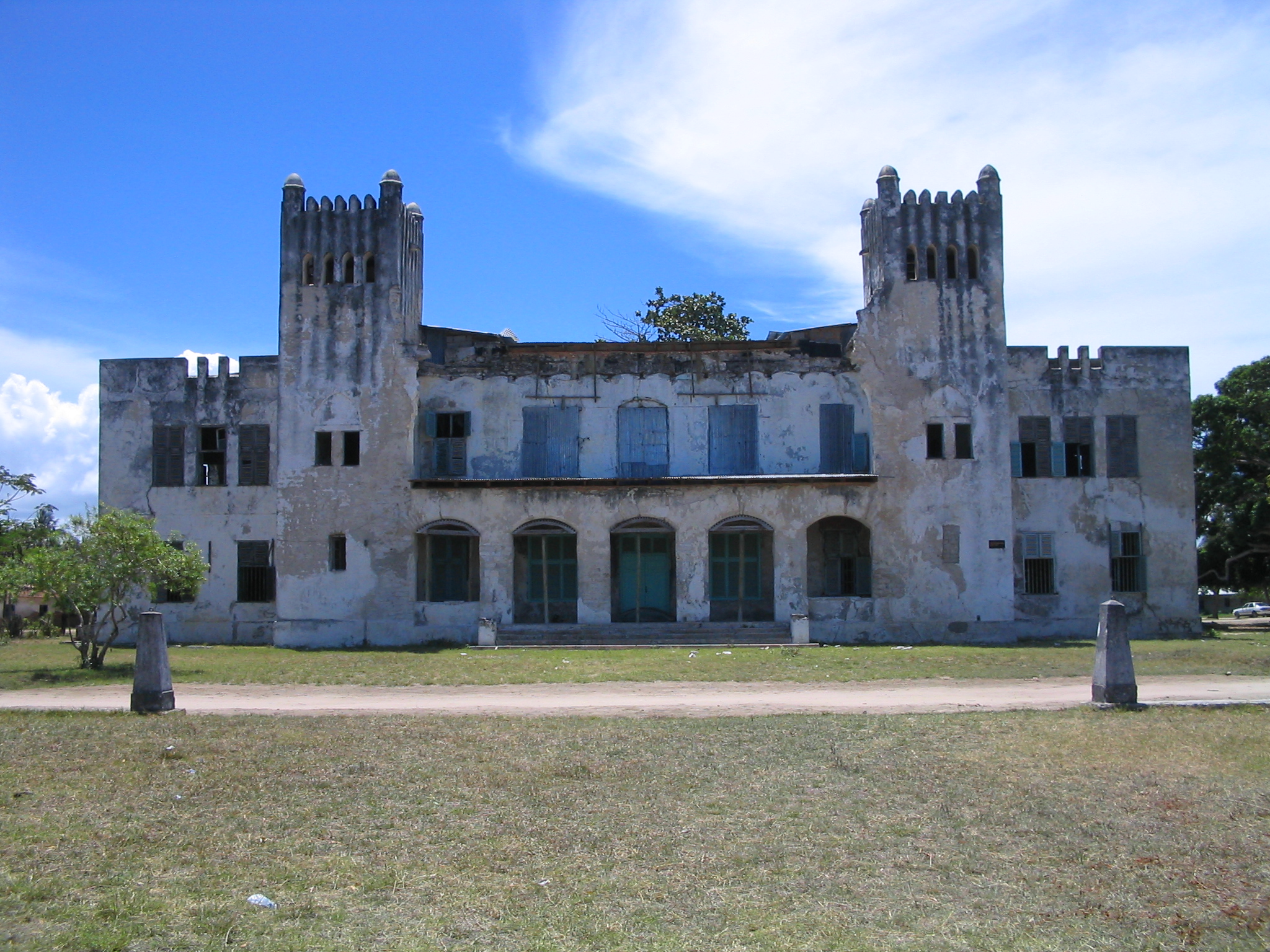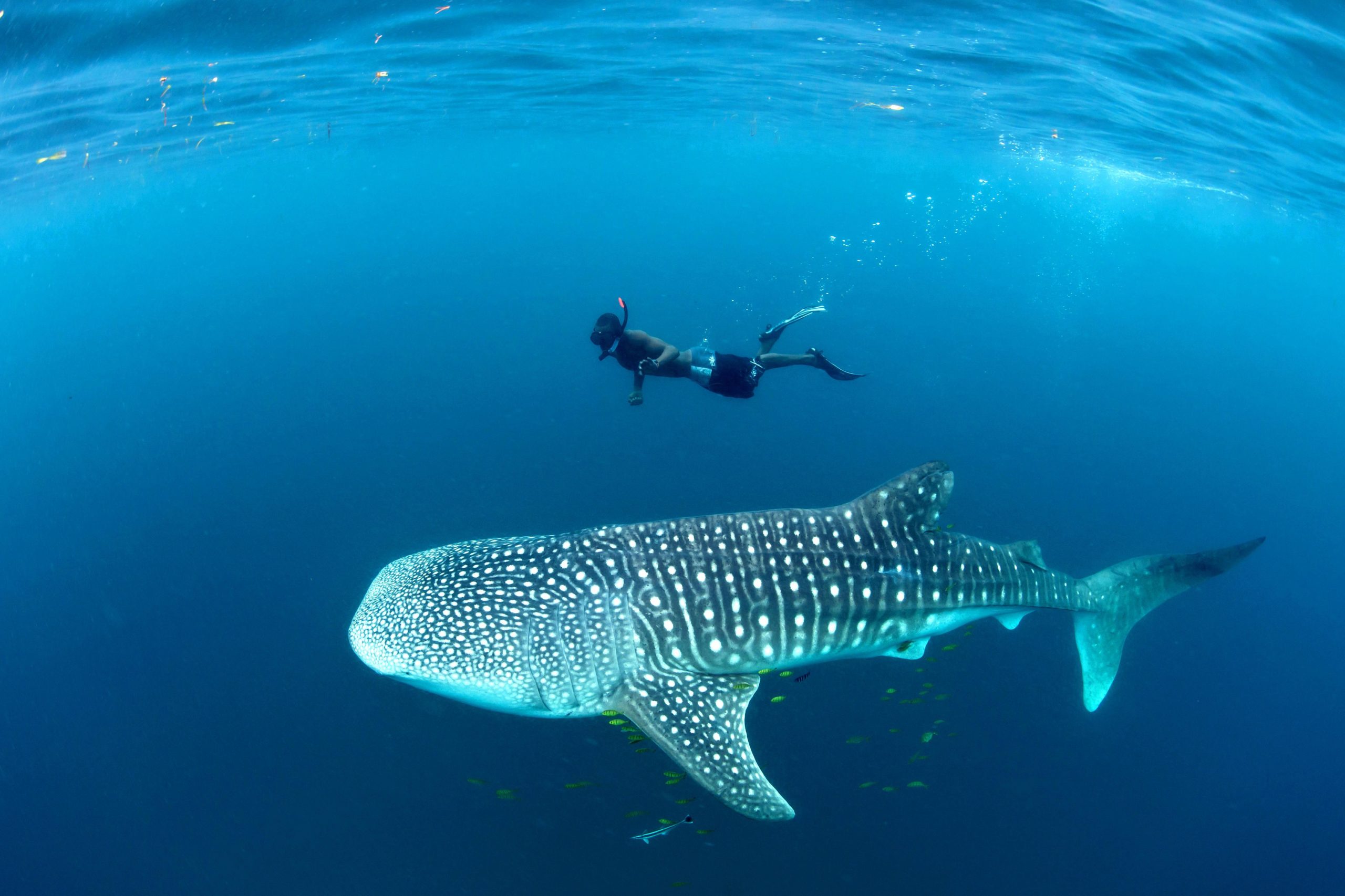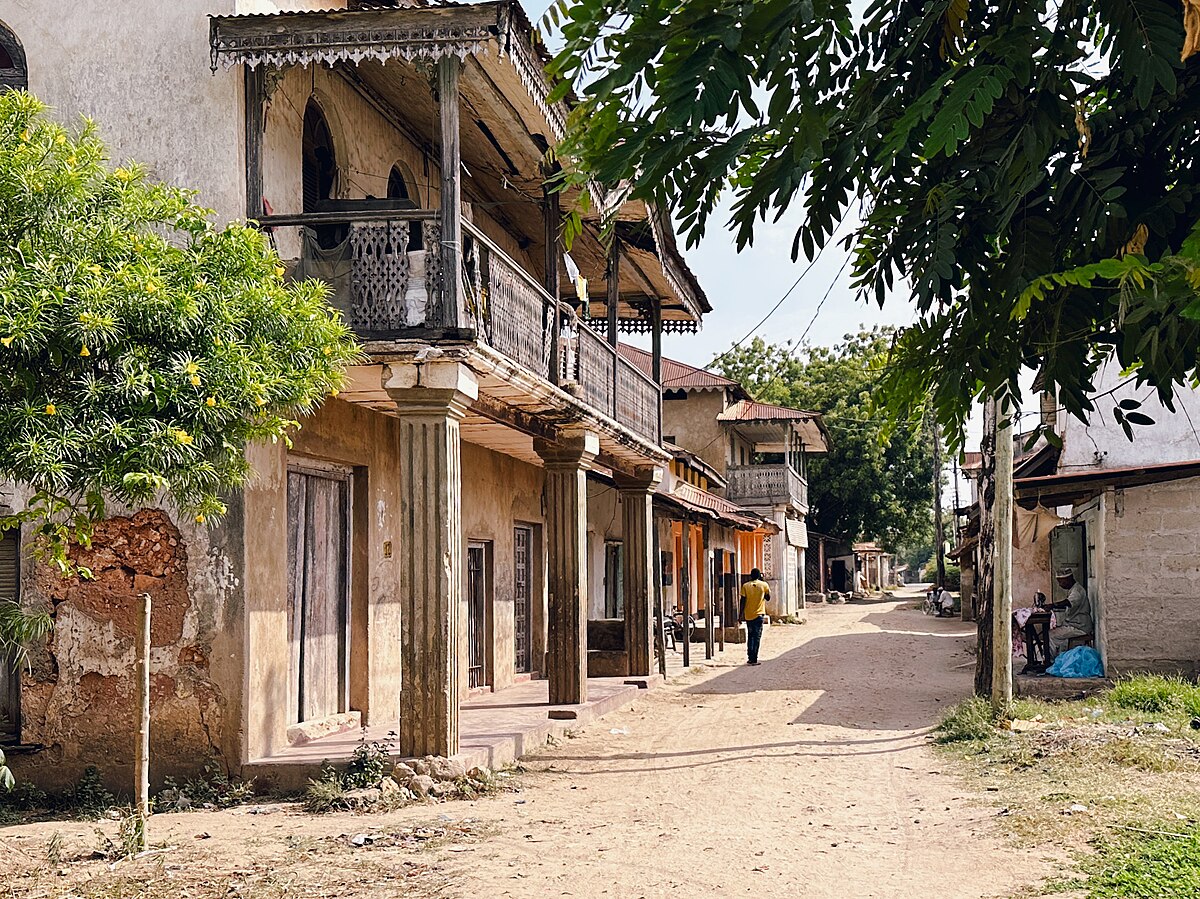Coast Tanzania Destinations
The Coast Tanzania Destinations Overview
Tanzania contains over 700km of fabulous tropical coastline, plus the beautiful islands of Zanzibar, Pemba and Mafia, with guest accommodation in around 120 quality lodges, offering a very strong range of marine and cultural experiences. White sand beaches, great diving and incredible Swahili history.
Dar es Salaam City

Dar es Salaam, meaning The Haven of Peace in Arabic, has one of the best deep natural harbours in the world. From a small Swahili town in the middle of the 19th century, Dar es Salaam has grown into a large metropolitan centre with a population of over 3,500,000 dwellers.
The city population represents the over 120 tribes of Tanzania with their different cultural backgrounds coming together, alongside the oriental civilizations from the far and middle east, and the Europeans including early Portuguese visitors in the 16th Century, the Germans and later the British. All cultures at one time or another passed through Dar es Salaam.
It is necessary to visit Dar es Salaam to understand the secret of letting different cultures live together in absolute harmony.
Being the commercial capital of Tanzania, Dar es Salaam is also the main gateway to the nature reserves of southern Tanzania, which include the Selous Game Reserve and the National Parks of Mikumi, Ruaha and Udzungwa Mountains, Saadani and Kitulo. It also serves as a convenient connection for travel to the islands of Mafia, Zanzibar and Pemba both by sea and air.
A city tour of Dar es Salaam will take you to the National Museum, Nyerere Cultural Centre, the Village Museum, Mwenge Wood Carvings Market, and the Magogoni Fish Market, among other interesting spots.
Bagamoyo

Some 75 kilometres to the north of Dar es Salaam lies Bagamoyo, once the embarkation port for slaves from the hinterland, and later the first German colonial capital. It is a place of considerable significance to world history, both as an entry point for Arab and European missionaries, explorers, and traders in East and Central Africa, and in the history of the infamous slave trade.
Fortunately Bagamoyo is now being considered for inclusion as one of the World Heritage sites, to conserve and protect the fascinating Gothic and Afro-Arabic architecture in this coastal settlement steeped in history.
Tourist attractions include the Kaole ruins dating back to the 12th century thought to mark one of the earliest contacts of Islam with Africa; the Old Fort built in 1860 for holding slaves for shipment to Zanzibar; the first Roman Catholic Church in East Africa built around 1868 used as a base to run a camp of about 650 freed slaves; the German colonial administration headquarters, the Boma, in the first capital of German East Africa; the Mission Museum displaying history of Bagamoyo; and the Livingstone Memorial Church among others.
Bagamoyo white sand beaches are considered some of the finest on the whole of the East African coast.
Mafia

Located 120km or a 20 minute flight south of Dar es Salaam, Mafia Island is one of the most exciting diving and fishing areas in the world. The major tourist activities are scuba diving, big game fishing, snorkeling, beach and offshore excursions; it is a paradise for fishermen, divers and water sport lovers. The water is beautifully transparent with fantastic views of the unspoiled coral reef; the variety of the coral permits an unimaginable quantity of fish, with diving and snorkeling sites just a short boat ride away.
Chole Bay and its surrounding forests and islands are now within the protected Mafia Island Marine Park. With its fine sandy beaches, swaying palms and lush vegetation, Mafia is the ideal spot to relax and unwind after a great African safari. Isolated islets and beaches, lagoons, coves and channels provide many private swimming and picnicking hideaways.
Chole Bay is perfect for windsurfing and laser sailing. Birdlife is excellent and very different to the mainland parks that guests may have visited. The tidal flats and mangroves are always alive with coastal and sea birds and there are many colourful woodland and forest species.
Pangani
The name Pangani is derived from the river that runs through the northern part of this historical town flowing from the slopes of Mt. Kilimanjaro. Located about 50km South from Tanga town, Pangani has a remarkable history dating back to the 15th century and traces of old buildings and monuments still can be seen. It was a trading port dealing mainly with ivory and slaves.
Several historical sites, in and around the town, serve as reminders of the strong Arabic influence, and the much later German and British colonial era in Tanganyika. Currently Pangani is mainly a fishing town providing beautiful beaches with coconut trees.
For someone looking for a quiet vacation and an experience of African culture untouched by modern tourism, Pangani could be the place. A walking tour through the town would include visits to some historical buildings of colonial and traditional Swahili architecture some over 200 years old; a former slave labor camp and slave market site where Arabs traded slaves to India and Arabia; the Freedom Grounds; Islamic and German graves; ancient mosques and traditional houses.
One will also see the street “carpet” makers, woodcarvers, basket weavers, painters and other artisans sell a wide variety of hand made cultural items. Other places of interest in Pangani include the Pangani River itself rich in bird life, the palm fringed sandy bay, and Maziwe Island (sandbank) Marine Reserve offering excellent waters for snorkeling...

Our Partners





